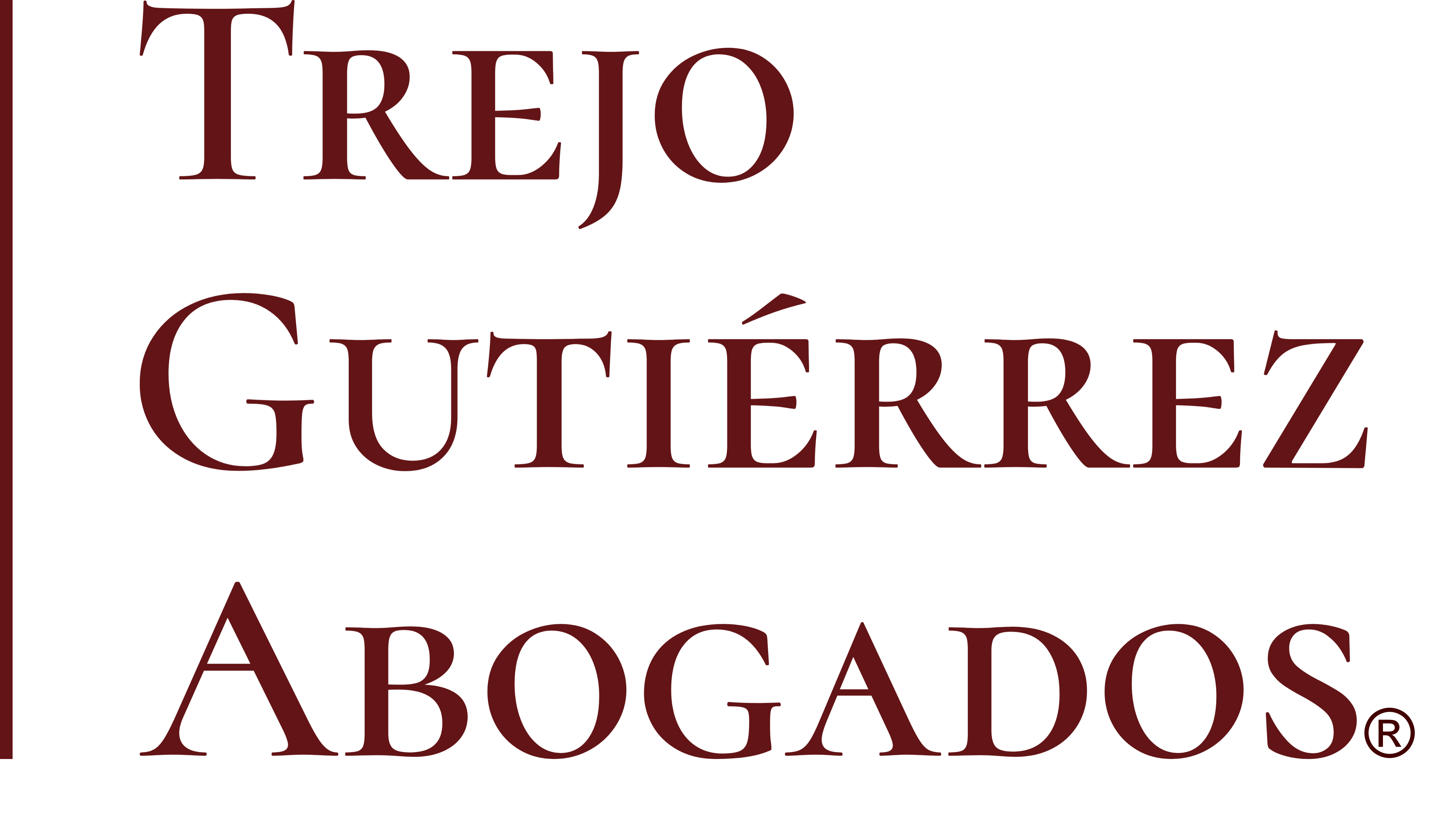
What is the pandemic leaving us?
Two years after the start of the global pandemic by Covid-19, we can ask ourselves, what has this pandemic left us in terms of Human Resources? to look ahead, reinvent ourselves and plan for the next few years.
Among the answers to the question posed, we find the following:
1. Digitization of work processes to meet the needs of Human Resources, that is, use technology to transform work. Today more than ever, the integration of technology should be sought through tools that allow employees to speed up and make their work more flexible. Technology is a very important support to ensure the continuity of Human Resources work processes.
2. Hybrid work. During this pandemic we realized that a greater number of employees can do their work remotely or in person, indistinctly. What follows is a mix between the virtual and the physical. Of course, work functions must be established very clearly, as well as reinforcing trust, improving the conditions in which employees carry out their work remotely and establishing clear work schedules within the maximum working day established by Law, allowing that there is a disconnection of employees from the internet, cell phones and computers at the end of the working day, in order to improve family life and interpersonal relationships.
3. Teamwork or collaborative, also called peer production. This must be given in terms of tolerance, availability and with very clear objectives, to ensure the continuous improvement that results in the productivity that is required for the permanence of the companies.
4. Health and job satisfaction. Companies must address this issue, since it is a fundamental part of employee productivity. It will be necessary to identify, through Personal Satisfaction Diagnoses (PSD) in a preventive and/or corrective manner, the probable causes of dissatisfaction during work performance, and in addition to the economic compensation that must be granted according to the jobs, a control of infections at work, preventive medicine and psychological and emotional security must be granted. With this, it will be possible to accentuate the sense of belonging of the employees in the companies.
5. Personal development and growth within the organization. The Human Resources areas must implement modern learning and constant training strategies that allow employees to keep their skills and knowledge updated, through tools that help them grow professionally within the company, such as development agendas, collaborative coaching, feedback, among others.
6. Transformational leadership. With remote work, this type of leadership becomes more interesting. Leaders play an important role in this new environment and will need to build a bold and flexible vision, lead change with empathy and integrity, and simultaneously manage the crisis and shape the future. In addition, leaders must develop, in their collaborators, skills such as resilience, emotional stability and adaptability, encourage innovation through collaboration, inspire commitment and accompany employees throughout the process through a two-way communication to facilitate their work.
At Trejo Gutiérrez Abogados, we have a group of experts in labor matters with more than 20 years in the market. Please do not hesitate to contact us, we will be glad to provide the personalized legal advice that you require.
